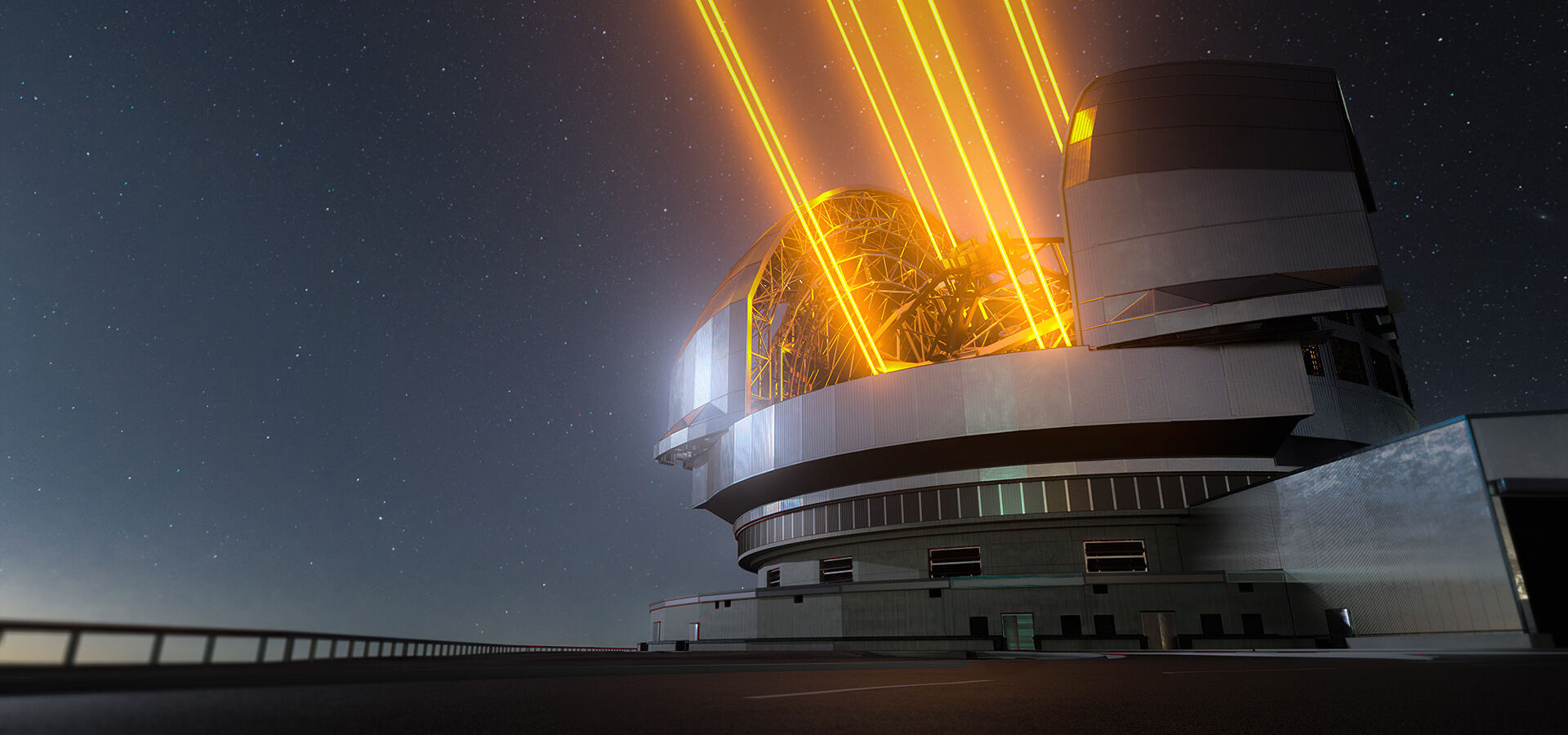
European
Southern
Observatory

El Extremely Large Telescope de ESO será el telescopio óptico más grande de la próxima generación y ampliará las fronteras de nuestros conocimientos y capacidades. La realización de esta maravilla de la ciencia e ingeniería moderna sólo ha sido posible gracias a la colaboración entre diversas personas que desempeñan una enorme variedad de funciones.
Numerosas personas de ESO trabajan en el ELT, desde personal científico y de ingeniería hasta directores de proyectos y equipos técnicos. De hecho, el éxito del ELT se basa en el esfuerzo colectivo de todo el personal de ESO, tanto en Alemania como en Chile.
Dentro de todo el personal de ESO involucrado en el Programa ELT, el siguiente organigrama indica las funciones clave de algunos miembros del equipo.
Además del personal de ESO, también trabajan en el ELT innumerables contratistas de empresas de Estados miembros y anfitriones de ESO. Asimismo, resulta crucial el enorme aporte de muchos institutos de investigación y universidades que trabajan en consorcios para construir los instrumentos del ELT. Sin su esfuerzo, el proyecto no sería posible.
El Equipo Científico del Proyecto ELT (PST) es un grupo de trabajo consultivo que apoya el programa ELT durante la fase de construcción. Se estableció en mayo de 2012, para aportar información y asesorar a ESO y al ELT Programme Scientist. Específicamente, el PST sirve para:
En enero de 2012, ESO invitó a la comunidad astronómica a proponer candidatos para el Equipo Científico del Proyecto ELT recibiendo, a fines de marzo de 2012, más de 80 candidaturas. El proyecto agradeció la abrumadora respuesta e interés de la comunidad en ayudar en la conducción del proyecto.
Los integrantes del PST son designados por un período renovable de 3 años. Actualmente el equipo está conformado por:
| Giuseppe Bono (Presidente) | Roma |
| Yann Alibert | Berna |
| Gaël Chauvin | Grenoble |
| Natascha Forster-Schreiber | MPE Garching |
| Tom Herbst | MPIA Heidelberg |
| Isobel Hook | Lancaster |
| Christoph Keller | Leiden |
| Oleg Kochukhov | Uppsala |
| Carlos Martins | CAUP, Porto |
| Norbert Przybilla | Innsbruck |
| Roberto Ragazzoni | Observatorio de Padua |
| Agustin Sánchez Lavega | Bilbao |
Posteriormente, se incorporaron los siguientes Investigadores Principales de proyectos de instrumentación aprobados del ELT:
| Ric Davies (MICADO PI) | MPE Garching |
| James Dunlop (HARMONI PI) | University of Edinburgh |
| Bernhard Brandl (METIS PI) | Leiden/Delft |
| Paolo Ciliegi (MORFEO PI) | INAF Bologna |
En el futuro, se incorporarán al PST investigadores principales de otros proyectos de instrumentación aprobados del ELT.
Los antiguos miembros del PST incluyen a: Jordi Cepa (La Laguna y IAC, Tenerife), Thérèse Encrenaz (Observatorio de París), Roland Gredel (MPIA Heidelberg), Rubina Kotak (Belfast), Ewa Lokas (Varsovia), y Didier Queloz (Cambridge).
El PST fue precedido por el Grupo de Trabajo Científico (SWG), originalmente establecido por ESO en diciembre de 2005, como uno de los cinco grupos de trabajo mixtos de la comunidad y ESO (los otros cuatro grupos se referían a Diseño de Instrumentación, Diseño del Telescopio, Sistemas de Óptica Adaptativa y Evaluación del Sitio). La labor de estos grupos se requería como aportación crucial para el Diseño de Referencia de Línea Base. Específicamente, se encargaron de:
Como resultado de este trabajo, en abril de 2006, el SWG presentó su primer informe.
Posteriormente, en mayo de 2006, el SWG se fusionó con la red OPTICON para desarrollar aún más el caso científico y aportar información científica al proyecto. El grupo se mantuvo como un subcomité del Grupo de Trabajo en Ciencias e Ingeniería del ELT de ESO, que a su vez era un subcomité del Comité Técnico Científico (STC) de ESO. EL SWG se encargó de:
El siguiente listado muestra la composición del SWG cuando se disolvió en febrero de 2012.
| Jacqueline Bergeron | IAP, Paris |
| Andrea Cimatti | Bolonia |
| Fernando Comerón | ESO |
| José Miguel Rodríguez Espinosa | IAC, Tenerife |
| Sofia Feltzing | Observatorio de Lund |
| Wolfram Freudling | ESO |
| Raffaele Gratton | Observatorio de Padua |
| Martin Haehnelt | IoA, Cambridge |
| Isobel Hook (Presidente) | Oxford |
| Hans-Ulli Kaeufl | ESO |
| Matt Lehnert | Observatorio de París |
| Christophe Lovis | Observatorio de Ginebra |
| Piero Madau | Santa Cruz |
| Mark McCaughrean | Exeter |
| Michael Merrifield | Nottingham |
| Rafael Rebolo | IAC, Tenerife |
| Piero Rosati | ESO |
| Eline Tolstoy | Groninga |
| Hans Zinnecker | AIP, Potsdam |
Miembros anteriores: Arne Ardeberg, Willy Benz, Robert Fosbury, Marijn Franx, Vanessa Hill, Bruno Leibundgut, Markus Kissler-Patig, Didier Queloz, Peter Shaver, Stephane Udry.
We use cookies that are essential for accessing our websites and using our services. We also use cookies to analyse, measure and improve our websites’ performance, to enable content sharing via social media and to display media content hosted on third-party platforms.
The European Organisation for Astronomical Research in the Southern Hemisphere (ESO) is the pre-eminent intergovernmental science and technology organisation in astronomy. It carries out an ambitious programme focused on the design, construction and operation of powerful ground-based observing facilities for astronomy.
This Cookies Policy is intended to provide clarity by outlining the cookies used on the ESO public websites, their functions, the options you have for controlling them, and the ways you can contact us for additional details.
Cookies are small pieces of data stored on your device by websites you visit. They serve various purposes, such as remembering login credentials and preferences and enhance your browsing experience.
Essential cookies (always active): These cookies are strictly necessary for the proper functioning of our website. Without these cookies, the website cannot operate correctly, and certain services, such as logging in or accessing secure areas, may not be available; because they are essential for the website’s operation, they cannot be disabled.
Functional Cookies: These cookies enhance your browsing experience by enabling additional features and personalization, such as remembering your preferences and settings. While not strictly necessary for the website to function, they improve usability and convenience; these cookies are only placed if you provide your consent.
Analytics cookies: These cookies collect information about how visitors interact with our website, such as which pages are visited most often and how users navigate the site. This data helps us improve website performance, optimize content, and enhance the user experience; these cookies are only placed if you provide your consent. We use the following analytics cookies.
Matomo Cookies:
This website uses Matomo (formerly Piwik), an open source software which enables the statistical analysis of website visits. Matomo uses cookies (text files) which are saved on your computer and which allow us to analyze how you use our website. The website user information generated by the cookies will only be saved on the servers of our IT Department. We use this information to analyze www.eso.org visits and to prepare reports on website activities. These data will not be disclosed to third parties.
On behalf of ESO, Matomo will use this information for the purpose of evaluating your use of the website, compiling reports on website activity and providing other services relating to website activity and internet usage.
Matomo cookies settings:
Additional Third-party cookies on ESO websites: some of our pages display content from external providers, e.g. YouTube.
Such third-party services are outside of ESO control and may, at any time, change their terms of service, use of cookies, etc.
YouTube: Some videos on the ESO website are embedded from ESO’s official YouTube channel. We have enabled YouTube’s privacy-enhanced mode, meaning that no cookies are set unless the user actively clicks on the video to play it. Additionally, in this mode, YouTube does not store any personally identifiable cookie data for embedded video playbacks. For more details, please refer to YouTube’s embedding videos information page.
Cookies can also be classified based on the following elements.
Regarding the domain, there are:
As for their duration, cookies can be:
Cookie settings: You can modify your cookie choices for the ESO webpages at any time by clicking on the link Cookie settings at the bottom of any page.
In your browser: If you wish to delete cookies or instruct your browser to delete or block cookies by default, please visit the help pages of your browser:
Please be aware that if you delete or decline cookies, certain functionalities of our website may be not be available and your browsing experience may be affected.
You can set most browsers to prevent any cookies being placed on your device, but you may then have to manually adjust some preferences every time you visit a site/page. And some services and functionalities may not work properly at all (e.g. profile logging-in, shop check out).
The ESO Cookies Policy may be subject to future updates, which will be made available on this page.
For any queries related to cookies, please contact: pdprATesoDOTorg.
As ESO public webpages are managed by our Department of Communication, your questions will be dealt with the support of the said Department.